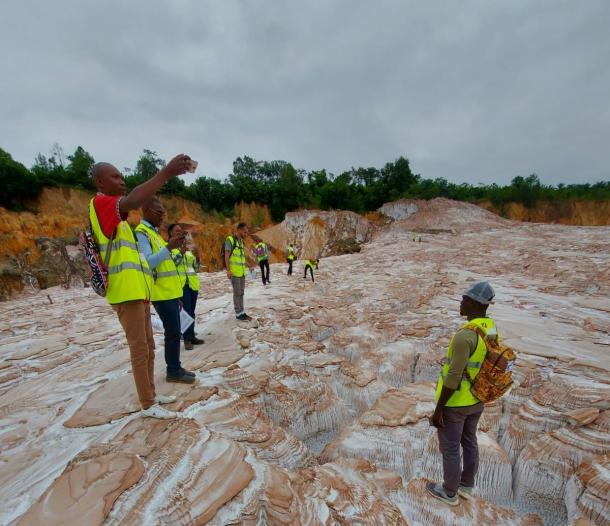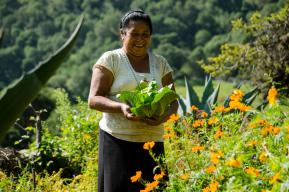News
Geoscience in Africa: new survey to assess challenges and foster solutions

Geoscientists are playing a vital role in advancing sustainable development globally. Their expertise is critical in understanding the Earth's processes, identifying mineral resources, and managing natural hazards. However, geoscientists in developing countries face many challenges, including limited access to funding, training, and technology. A new survey aims to assess the needs and priorities of African geoscientists, in order to better understand and address these challenges.
The survey is part of a new project of the UNESCO International Geoscience Programme (IGCP), entitled Fostering Researchers in the Geosciences (FoRGe, IGCP project 766). FoRGe aims to build research capacity in developing countries by responding to needs identified by researchers in those countries and by working in collaboration with third-level educational institutions.
Survey for African geoscientists
Researchers based in Africa are invited to participate in this first FoRGe survey, which aims to ensure that programme activities respond to clearly identified needs. To ensure the success of this survey and to improve the representation of geoscientists across different regions, further participation is essential to have a more balanced distribution of responses to make our findings more comprehensive and reliable, especially from francophone countries and North Africa.
Supporting geoscience research and education in Africa
The survey aims to identify the nature of work and challenges faced by African geoscientists, by gathering their views on the skills and knowledge required for effective practice. The survey will also provide insights into the state of geoscience professions in Africa, including the availability and use of technology and equipment, the impact of training and education quality on wider career, and the availability of funding for research and development. Its results will be presented at the 29th Colloquium of African Geology (CAG29) in Namibia in September 2023.
The FoRGe survey is a critical step towards improving the status of geoscientists in Africa. By identifying the challenges and needs of the profession, the survey will enable FoRGe and UNESCO to develop tailored interventions to support the work of geoscientists.
As the only United Nations agency with a specific mandate for science, UNESCO recognizes the critical role that scientific research and innovation play in addressing global challenges. In addition to its Africa priority, which seeks to support sustainable development and preservation of natural and cultural heritage in Africa, UNESCO also promotes scientific cooperation and knowledge-sharing across borders. Through IGCP, UNESCO promotes and coordinates geoscientific research, and facilitates the exchange of knowledge across national boundaries.









